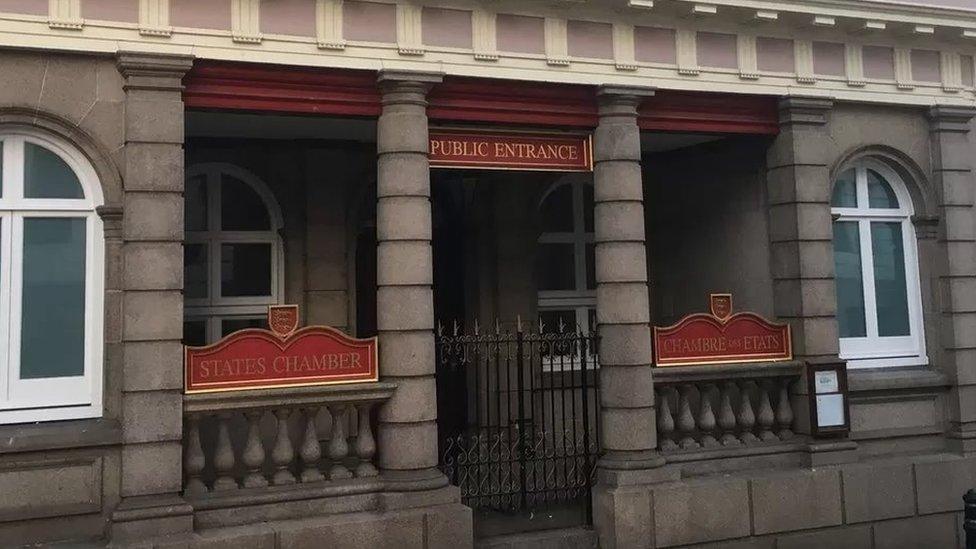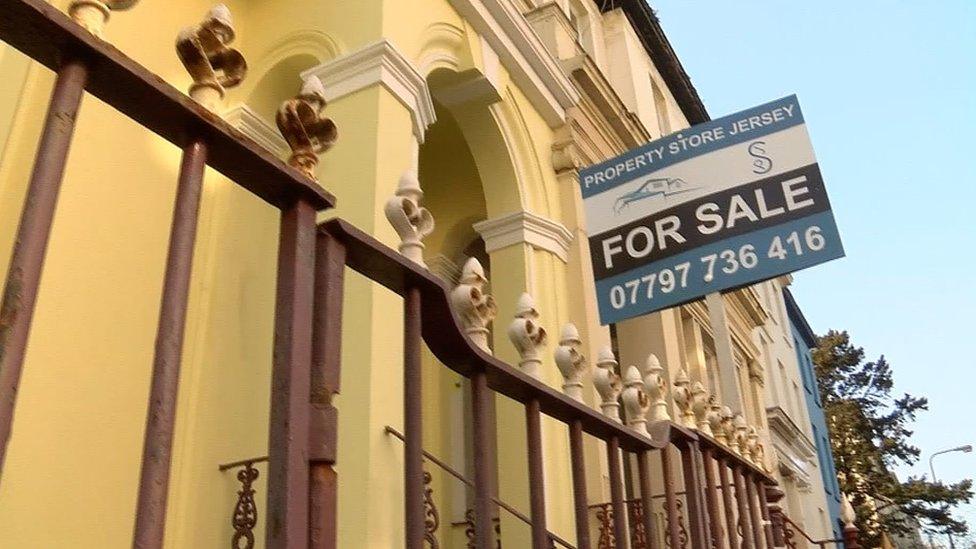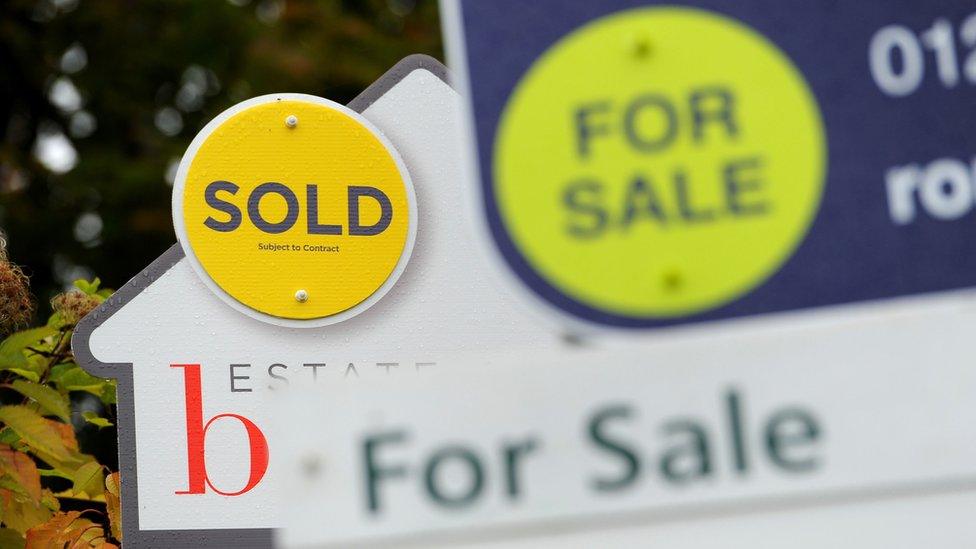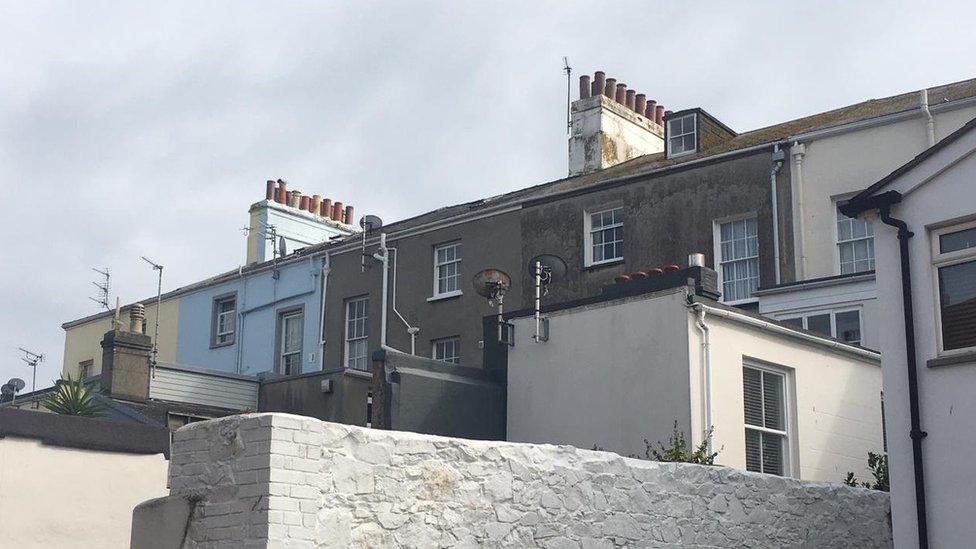Lodger tax relief aims to ease Jersey's housing crisis
- Published

The assembly passed the law on Tuesday
Many islanders renting out a spare room in Jersey will pay no tax on their rental income from next year.
The States voted to make people exempt from paying tax if they made less than £10,000 per year from renting a room.
If the figure is over this amount the full amount would be taxable in the existing way.
The scheme aims to better use the island's housing stock, allow islanders to generate additional income and provide affordable accommodation.
Under current rules, islanders letting out rooms in their homes to five or fewer lodgers declare the gross rental income.
There is a 25% flat rate deduction for expenses, extended to 50% for those who provide main meals to their lodgers.
This amount is then taxed at the taxpayer's effective tax rate.
Housing crisis
Under the new "Rent-a-room" tax relief scheme - which States of Jersey Assembly members voted to pass by 32 votes to 15 with two absent on Tuesday - anything under £10,000 would be tax exempt.
The exemption will be introduced from 2023 and comes after the island's government adopted a Common Strategic Policy which emphasised "driving a sustainable response to the housing crisis and making the most of existing housing stock, as well as making more homes available for key workers".
It comes after the 2021 Census found that around one-quarter of households were under-occupying their accommodation according to the Bedroom Standard, which measures available bedrooms against occupants.
The census data also found a decrease in the number of lodgers in private households between 2011 and 2021, with only 2% of households falling into this category.

Follow BBC Jersey on Twitter, external and Facebook, external. Send your story ideas to channel.islands@bbc.co.uk, external.
Related topics
- Published17 November 2022

- Published20 May 2022

- Published12 January 2022
